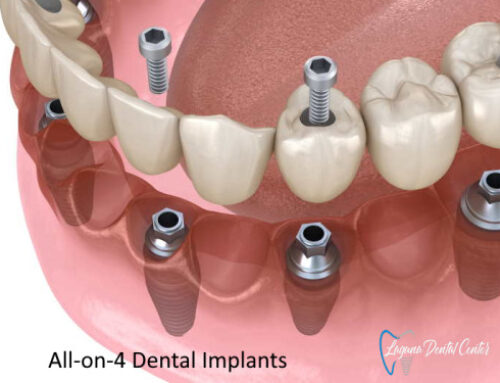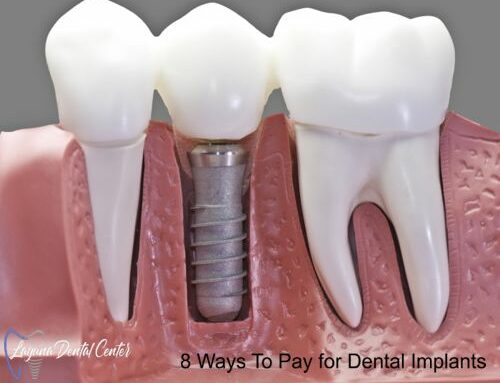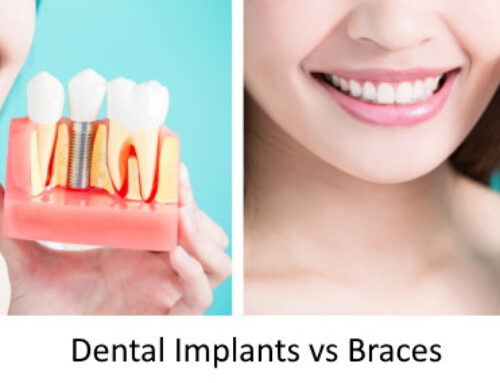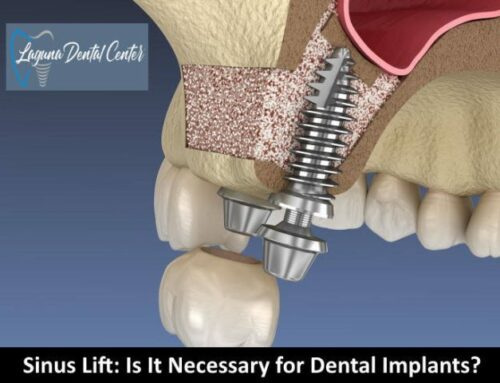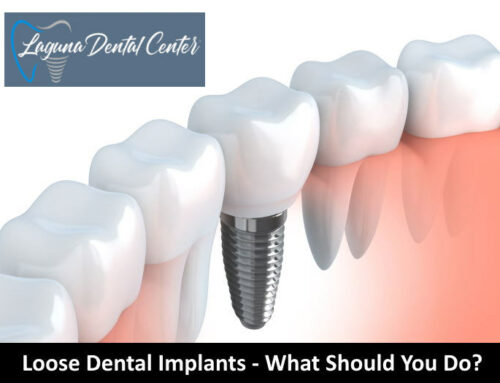Table of Contents
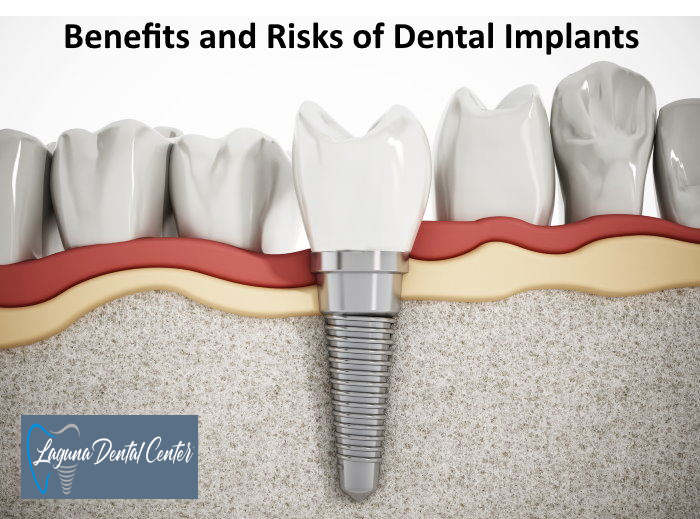
Benefits of Dental Implants
Below are the advantages of dental implants.
- A dental implant lasts a lifetime.
According to the studies published in the International Journal of Implant Dentistry, dental implants are durable enough to last a lifetime. The titanium implant, which is frequently used, fuses with the jawbone. A human’s body will not reject the implant because it is biocompatible.
- A dental implant functions like real teeth.
Dental implants can restore not only missing teeth but also the natural biting force of a patient. With teeth implants, patients can eat the foods they like as well as brush and floss their teeth normally.
- A dental implant prevents bone resorption.
When there are no tooth roots to keep the bone stimulated, bone loss takes place in the jaw. Dental implants act as the stimulus necessary for regular bone formation because they replace both of the tooth’s roots.
- A dental implant reduces face sagging.
Missing teeth cause bone loss which eventually causes face sagging. As the bottom half of the face collapses, the space between the chin and the tip of the nose shrinks. A few changes that can make a person appear much older than they are, include thinner lips, a sharper chin, and more lines around the mouth.
- A dental implant stabilizes adjacent teeth.
The teeth next to a lost tooth may move crookedly in the direction of the gap to fill up the space. This moving of your teeth out of their ideal alignment can have an impact on your bite, capacity for chewing, and outward look. It might lead to problems and make future tooth replacement more difficult. Your temporomandibular joint (TMJ) may be impacted by an uneven bite, which could cause pain and headaches.
Risks of Dental Implants
- A dental implant is not suitable for everyone.
All of your teeth can be replaced by dental implants, but not everyone is a good candidate. You might not be a suitable candidate for dental implant surgery if you smoke, have health problems, have poor dental health, or have lost a substantial amount of jawbone mass.
- A dental implant surgery needs several dental visits.
A series of dental appointments spread out over a period of up to six months are frequently required for dental implant surgery. This could be distressing and a hassle if you want to restore your smile right away. But the healing period is essential so that the jawbone can securely encircle the implant and hold it firmly in place.
- A dental implant is expensive.
Typically, dental implants are more expensive than dentures or bridges. Nevertheless, teeth implants have lower ongoing expenditures. For a single dental implant, it can cost as little as a few thousand dollars while full mouth dental implants can cost as much as tens of thousands of dollars. The majority of patients only need to pay for dental implant surgery once, and they only need to replace the prosthetic teeth attached to the implant after 10-15 years.
- A dental implant requires invasive surgery.
To install an implant, a few quick operations on the gums and jaw are required. To ensure that you are aware of what to anticipate during the treatment and the recovery time, your dentist will walk you through each step of the entire process.
Given that teeth implants are made to last a lifetime, they are a wise investment. Dental implants do take a long time to install, but with the right planning, they can also be placed immediately.
Advantages and Disadvantages of All on 4 Dental Implants
All on 4 implants or full mouth dental implants comprise of 4 dental implants that are purposefully spaced apart along the arch which is then connected to a denture plate.
Disadvantages of All on 4 Dental Implants
Like any surgical procedure, All on 4 implants have their drawbacks.
- Stability issues can arise with All on 4 dental implants.
- Maintenance on All on 4 implants is more delicate than on conventional dental implants.
- Removal of food debris below the crown can only be done by a dental professional.
- Speech impairment may occur temporarily with All on 4 implants.
- Placement of All on 4 implants in the back of the mouth is not possible due to the high bite stresses
Advantages of All on 4 Dental Implants
Patients benefit from full mouth dental implants in a number of ways.
- Recovery takes less time with All on 4 compared to when 10 or more implants were placed.
- Installation of All on 4 implants can be done in one appointment.
- Restoration of a full row of teeth is feasible with All on 4 dental implants.
- Improvement in the patient’s quality of life is possible with All on 4 implants.
- Less amount of jawbone mass is required for All on 4 implants to function.
- Bone grafting is not required for All on 4 dental implants.
- All on 4 dental implants improve a patient’s dental health by lowering the incidence of dental illnesses including periodontitis.
- All on four dental implants function similarly to real teeth.

